Planning a trip to Japan? Amazing! But before you hop on that plane, there’s one thing every traveler should know: Japan runs on respect and manners. From bowing properly to handling chopsticks the right way, understanding the local etiquette isn’t just polite—it can completely transform your experience. Whether you’re wandering through temples, dining in a sushi bar, or navigating the Tokyo metro, there are unspoken cultural rules that can either earn you smiles or silent stares. In this guide, I’ll walk you through the essential DOs and DONTs in Japan, so you can blend in, show respect, and make the most of your adventure in this incredible country. Let’s dive in!
Table of Contents
General rules
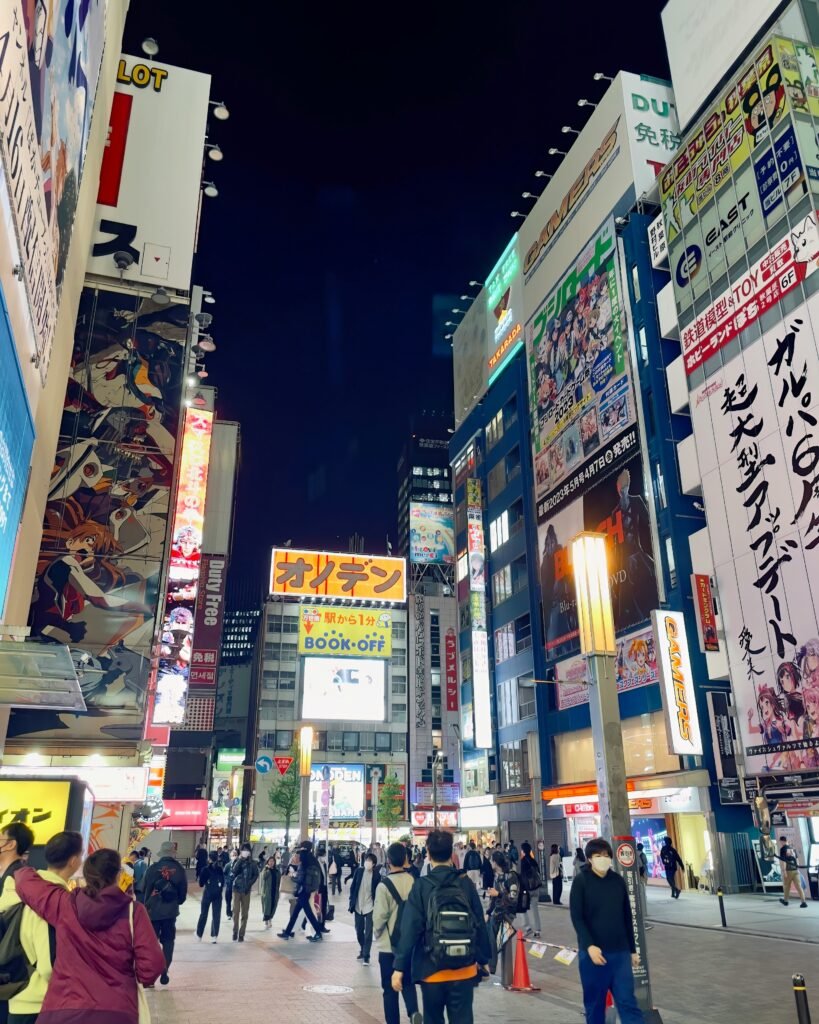
Let’s start with the general rules of etiquette you should follow in certain situations. Many things that are considered normal in Germany may be considered rude in Japan, and vice versa:
- Do not blow your nose loudly in the presence of others!
- Do not wear your shoes in certain indoor areas , such as the changing room. You’ll know whether you have to take them off by the behavior of other visitors or by a member of staff. If you have to climb a small step at the entrance, you’ll know that you have to take them off.
- When greeting, do not shake hands, but bow (angle of 30 to 45 degrees).
- Don’t clasp your hands flat between your face and chest and nod your head when greeting or thanking someone! I’ve seen tourists do this several times. This gesture may be acceptable in Thailand, but not in Japan.
- If you have a cold or an allergy, please wear a mask.
- Make sure you separate your trash and take it with you. Since trash cans aren’t everywhere in Japan, you should dispose of your trash at your hotel or, for example, at a convenience store.
- Do not enter shops with a wet umbrella, but use the designated umbrella stand!
- Do not smoke outside designated areas!
- Do not openly display your tattoos, as tattoos are associated with the Yakuza in Japan.
- Be punctual when meeting Japanese people. It’s best to arrive 10 minutes early, as being late is considered disrespectful.
- Use the word “Sumimasen,” which means “Forgive me.” If you want to ask about something, it will get their attention. You can also use this word if you accidentally bumped into someone, for example.
- When using the restroom in some places, such as restaurants, ryokan , or private homes, you have to take off your shoes and put on slippers. Don’t forget to put your shoes back on when leaving the restroom.
- When taking the escalators or in general, for example, in the train station, please stand or walk on the left side! In Osaka, walk on the right.
Dos and Donts in Restaurant
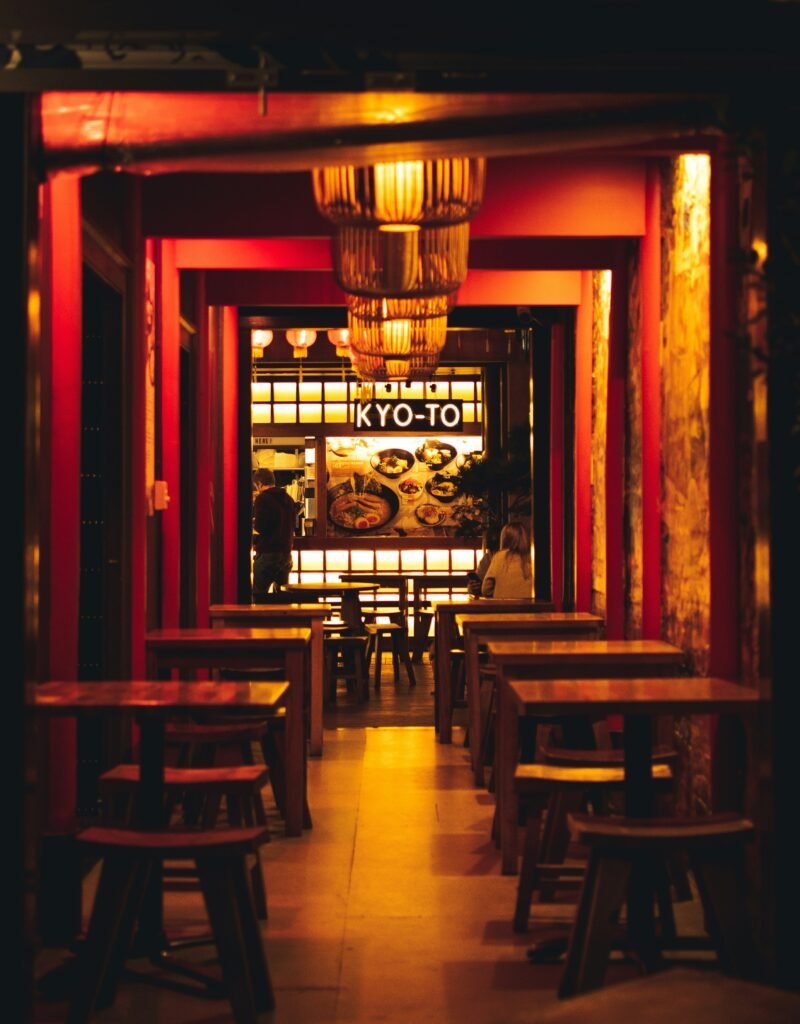
Even when visiting a Japanese restaurant or while eating, there are some rules to follow that may be new to you. Let’s take a look at the most important etiquette rules:
- Don’t tip! This isn’t customary in Japan and is even considered an insult. After all, good service is included in the price.
- Chopsticks are not inserted vertically into the rice. Instead, they are placed horizontally on the bowl or on the chopstick rest.
- Do not play with chopsticks , tap the table, or pass food to another person with chopsticks. Please also do not point at anyone with chopsticks.
- Don’t burp or blow your nose loudly at the table.
- Noodle dishes and soups are allowed to be slurped. This means that you enjoyed them.
When traveling by bus and train

There are a few things you should keep in mind when traveling by bus or train:
- Cell phones must be set to silent.
- No phone calls are allowed when traveling by bus or train .
- Please don’t push and stand in line properly. Pushing is considered very rude in Japan. Follow the markings on the floor, as they will show you where to stand in line.
- Pay attention to the “Priority Seats,” as these are reserved for pregnant women or the elderly. If you’re seated and you see an elderly person or a pregnant woman, please give up your seat.
- If you’re sitting on the bus and want to get off, please wait until the bus has completely stopped. Do not get up beforehand.
- Do not eat on public transport.
- Don’t put your feet on the seat. Children should also keep this in mind.
- Do not block the seats with your luggage or bag.
Temple and shrine
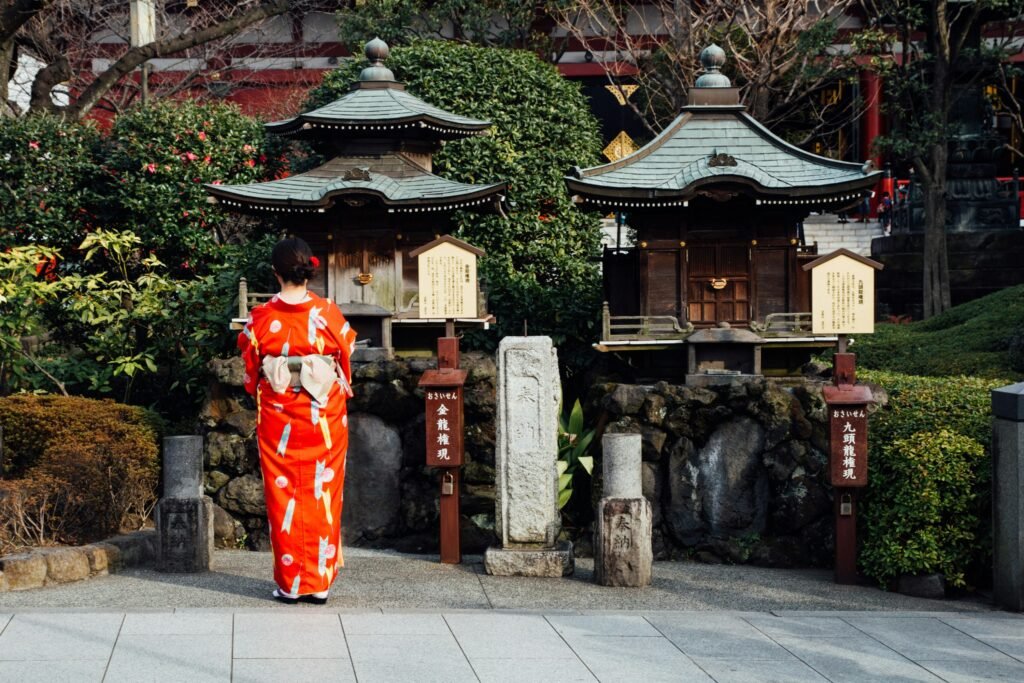
Shrines and temple complexes can be found all over Japan, and it’s wonderful to visit them. When visiting temples and shrines, there are a few rules of conduct that must be followed:
- Behave respectfully and calmly.
- Don’t leave trash at shrines and temples. They are sacred and religious places!
- Pay attention to the photography bans (there are usually signs indicating whether you are allowed to take photos or not).
- Get in line and don’t push if you want to pray, for example.
In the onsen
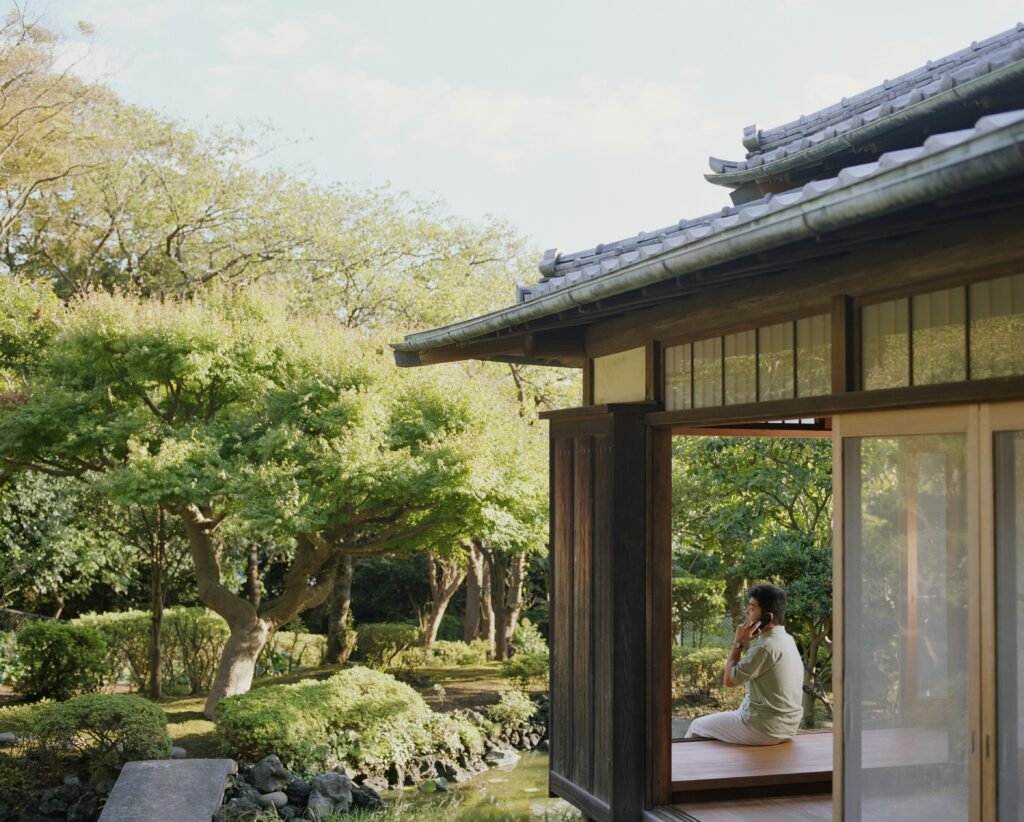
Many people want to visit an onsen during their trip to Japan , which is understandable, as the hot springs are an ideal place for relaxation and tranquility. However, there are a few rules you should follow:
- Before bathing in the onsen, you must wash yourself . This is absolutely mandatory! There are separate areas where you wash your body and hair with soap beforehand. The onsen pool is for relaxation only, not for washing.
- Tattoos must be covered ! However, some onsens won’t let you enter even if you cover your tattoo . So, check carefully beforehand.
- Taking photos is prohibited, as are loud conversations or jumping around in the water.
Gifts & souvenirs
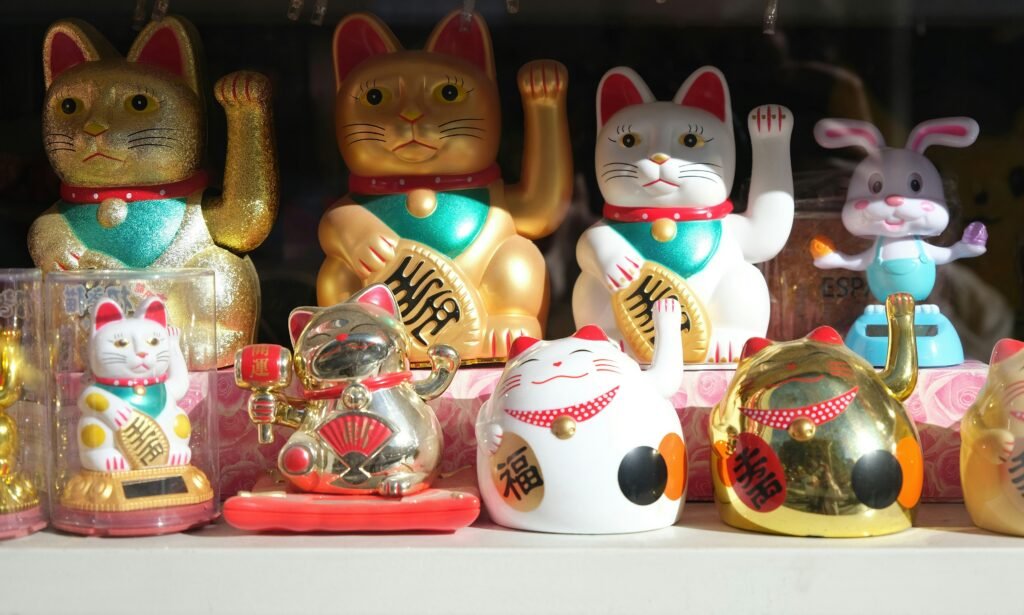
You may have heard that gifts are a big deal in Japan and have become a tradition. When someone travels, they always bring their friends or family a souvenir from their vacation or from the region they visited. Here are some tips and rules to follow:
- Hand over your gift or souvenir with both hands.
- As a gift, people like to give something edible, such as sweets in elaborate packaging or expensive fruit that has been specially and beautifully wrapped.
- The total number of your gifts should not add up to 4, as that symbolizes death. In Japan, the number “four” is called ” shi ,” but shi also means “death.”
Bonus: For business travelers
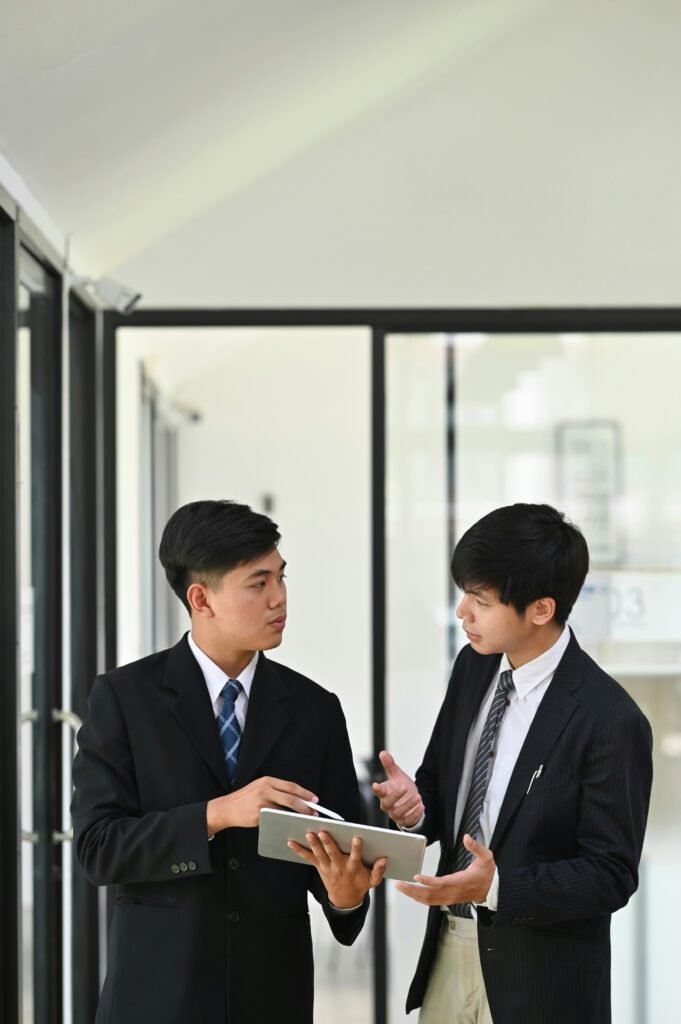
Stricter rules apply to business travelers traveling to Japan. Here are some of them:
- You should always have your business cards (preferably bilingual) ready and, just like the gifts, hand them out and receive them with both hands.
- Men should wear suits and women should dress smartly in a business look.
- At a business dinner or “drinking party” (Japanese: nomikai = 飲み会), the host must always pay the bill, and an invitation should not be declined. Furthermore, the younger colleague should pour the older one’s glass, and the older one should then offer to fill it for the younger one.
My conclusion:
Japan is known for its rich culture—and yes, that includes a lot of etiquette and unspoken rules. But don’t stress! This quick etiquette guide is here to give you a bit more confidence and help you steer clear of any awkward moments while you’re exploring. The truth is, as long as you’re respectful, kind, and open-minded, you’re already doing great. And if you do slip up? No worries. Locals are generally understanding when it comes to visitors. A little effort goes a long way!
- Top 14 Japanese Streetwear Brands That Are Redefining Cool Right Now (2025)

- 15 Tokyo Best Bars You’ll Love [2025 Guide]
![15 Tokyo Best Bars You’ll Love [2025 Guide] 2 Tokyo Best Bars](https://tokyocandies.com/wp-content/uploads/2023/08/image-15-150x150.jpg)
- 16 Best Anime and Manga Stores in Tokyo: Otaku Shopping Guide for Every Fan (2025)

- What to Do in Yokohama with kids: 20+ Must-See Spots & Experiences (2025)

- 10 Best Tokyo Tours You Absolutely Can’t Miss in 2025 (From Foodie Walks to Cultural Adventures)

